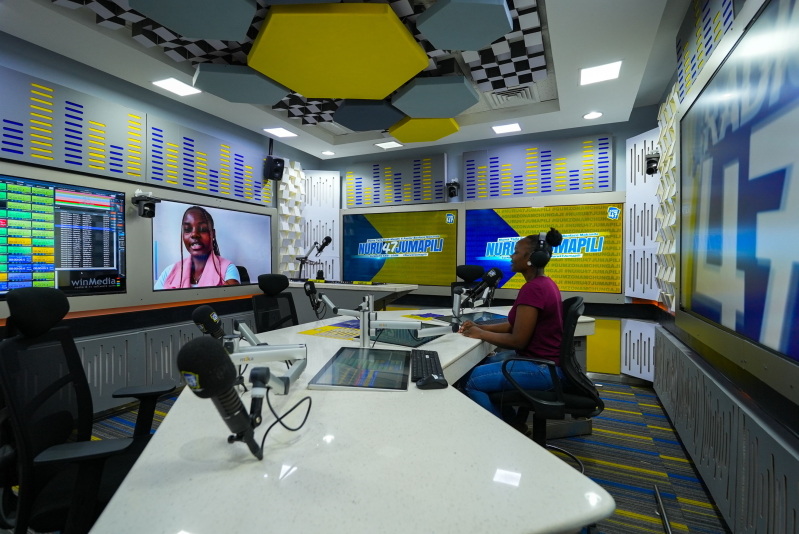For decades, radio was the primary source for music, news, and entertainment, shaping morning routines to late-night drives. But over the last decade, podcasts have quietly taken over, especially among younger audiences, reflecting changing habits and the rapid evolution of technology.
Young listeners have grown up in an on-demand culture where streaming platforms, social media, and instant downloads define how they consume content.
Unlike radio, which requires tuning in at a specific time, podcasts are available anytime and anywhere, fitting perfectly into busy schedules. Whether someone is commuting, exercising, or winding down before bed, a podcast is only a tap away, making it far more convenient than traditional broadcasts.
The limitless flexibility and variation that podcasts provide is another factor that makes them popular. While radio stations often stick to specific music genres or general talk shows, podcasts cover a wide range of topics, from true crime and comedy to mental health and niche hobbies.
For a generation that values individuality and diverse perspectives, this wide range of topics feels far more engaging and authentic.
Young people can find hosts who speak their language and reflect their experiences, whether through global conversations or hyper-local stories like those found in Kenyan shows such as The Sandwich Podcast, Legally Clueless and Mic Cheque Podcast.
Another reason podcasts have the upper hand is control over interruptions. Radio depends heavily on frequent commercial breaks, while podcasts usually feature fewer ads, and many allow premium ad-free options.
Even when ads appear, they are often seamlessly read by hosts, making them less disruptive. Technology has also played a massive role in this shift.
Smartphones, affordable internet, and platforms like Spotify, Apple Podcasts, and Google Podcasts have made discovering and subscribing to shows effortless.
For many young people, the phone has replaced the traditional radio, becoming a one-stop hub for music, entertainment, and information.
Additionally, podcasts foster a feeling of community. Through social media or live events, listeners engage with producers directly, participate in online debates, and share episodes with their friends.
Radio’s unidirectional broadcasts hardly ever offer this two-way communication. Even if podcasts are becoming more and more popular, radio is still around.
Many stations are adapting by offering their shows as downloadable episodes or streaming live online, merging the immediacy of radio with the flexibility of digital audio.
The shift from radio to podcasts shows how younger generations value convenience, variety, and a personal touch.
Podcasts allow them to choose what matters most, when it matters to them, without being tied to a station’s timetable.
Radio may have laid the foundation, but the freedom and intimacy of podcasts have captured the hearts and headphones of a new era of listeners.












